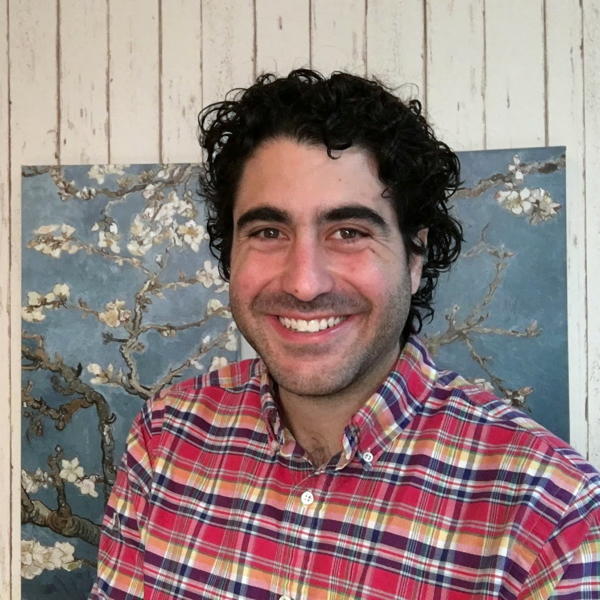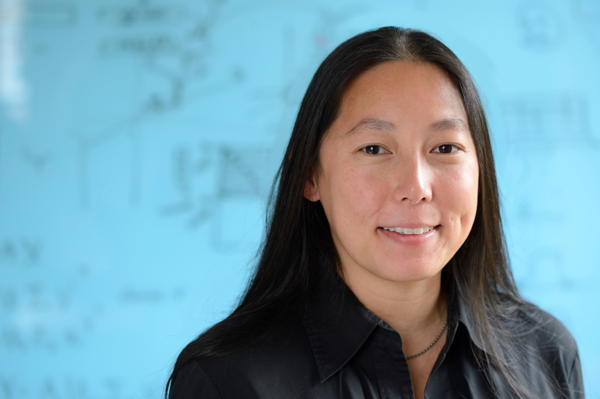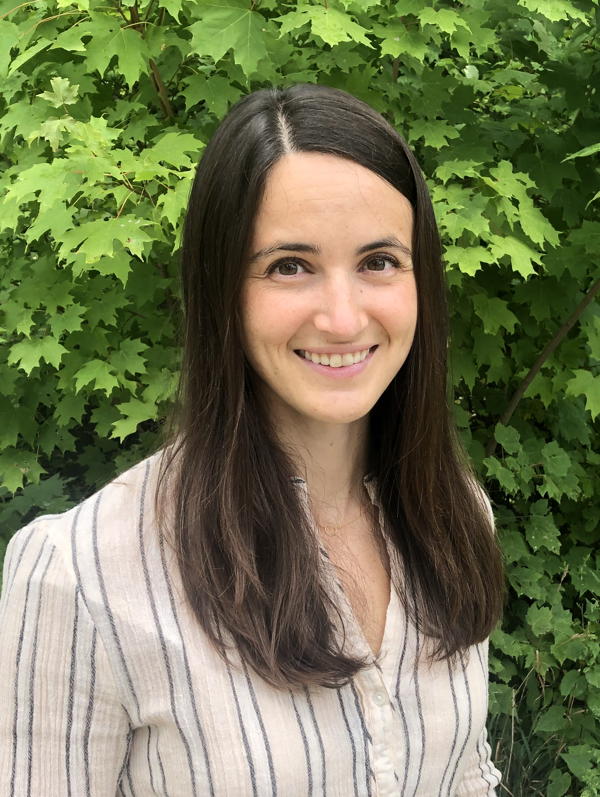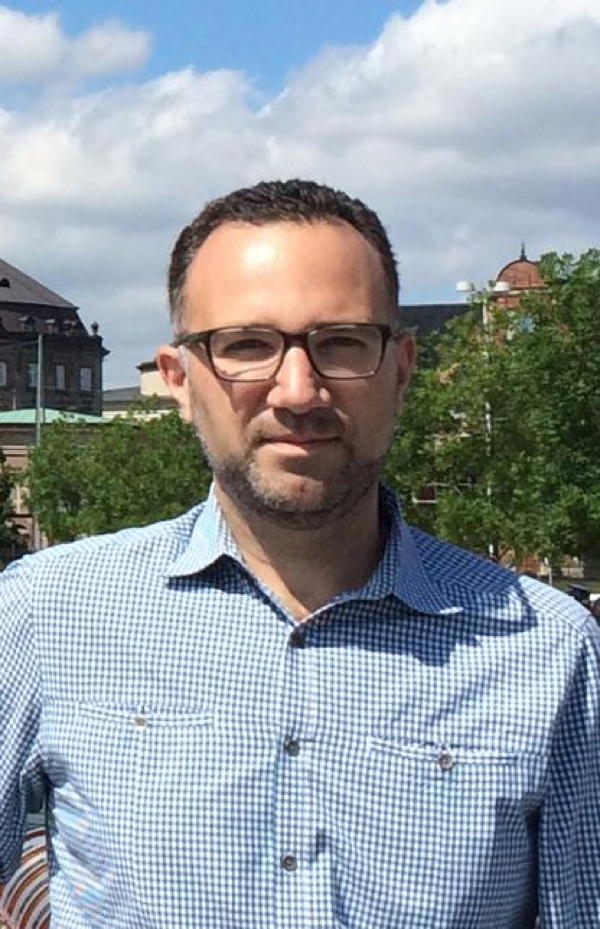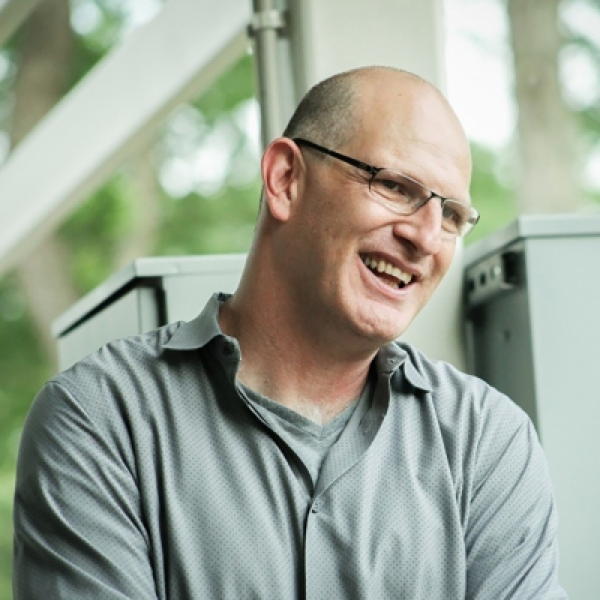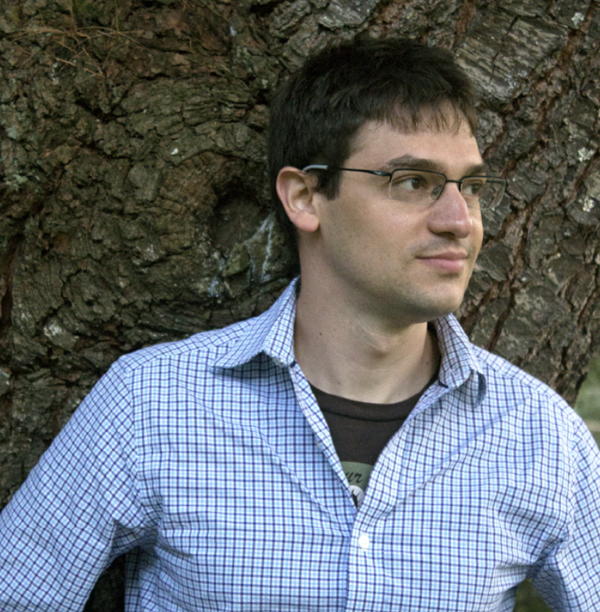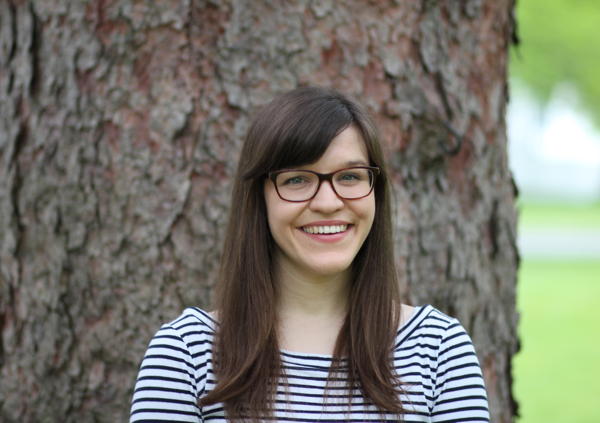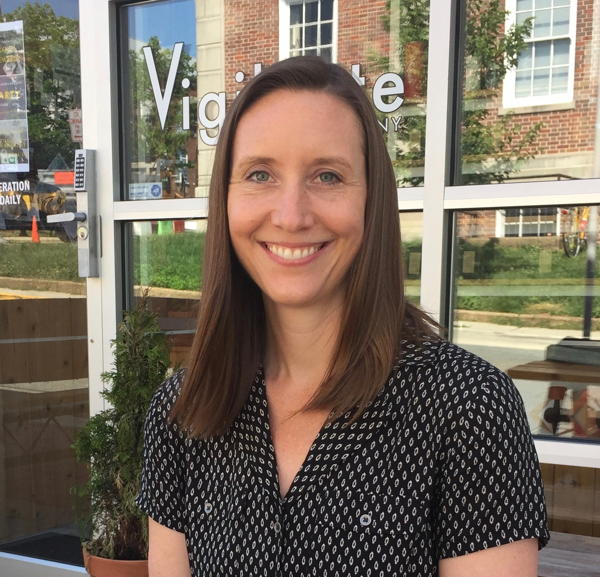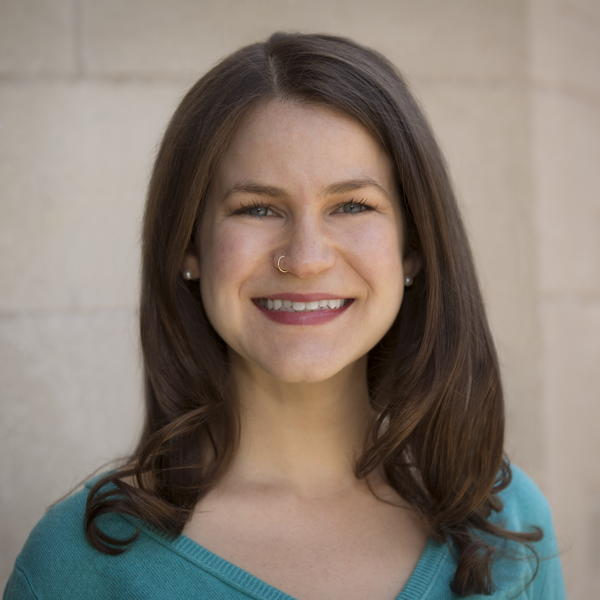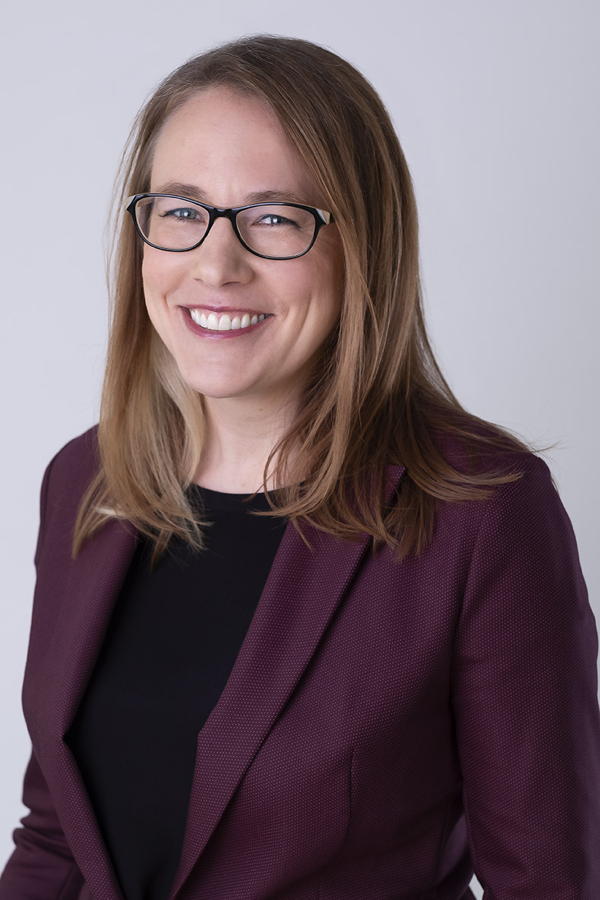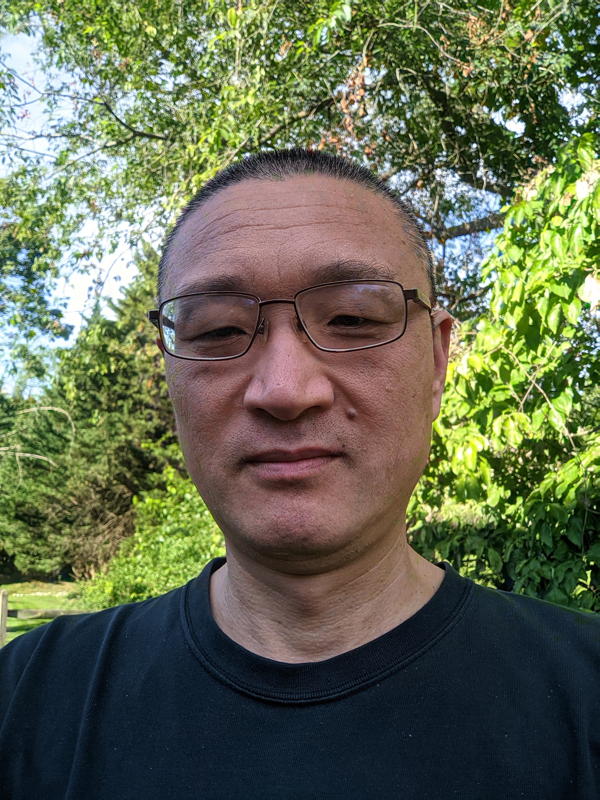Due to the ongoing coronavirus pandemic, the workshop will feature virtual pre-recorded presentations and roundtables open to the public. Presentations will be available to stream on-demand starting Monday August 2, 2021. Attendees (free registration information below) will be able to view the presentations in their own time, and submit questions to speakers through an online portal until the end of August. In September, the speakers will again virtually reconvene for a round-table discussion to address some of the attendee questions as well as discuss larger questions in the field moving forward.
Full workshop:
Full workshop: https://videocast.nih.gov/watch=42538
Roundtable #1: https://videocast.nih.gov/watch=44048
Roundtable #2: https://videocast.nih.gov/watch=44065
Chris Baldassano
Columbia University
Talk Title: "Tracking changes in narrative responses across learning and development"
Chris Baldassano is currently an Assistant Professor in the Psychology Department at Columbia University. He was an undergraduate in Electrical Engineering at Princeton University, received his PhD in Computer Science at Stanford University, and was a postdoc at the Princeton Neuroscience Institute. His lab's research focuses on how knowledge about the world - including semantic knowledge, temporal structure, spatial maps, or schematic scripts - is used to understand and remember complex naturalistic experiences. By applying machine learning techniques to data from behavioral and neuroimaging experiments, his work aims to uncover how dynamic representations in the mind and brain during perception lead to the formation of event memories.View Talk
----------------------------------------------------------------------------------------------------------------------------------------------------------
Janice Chen
John's Hopkins University
Talk Title: "Memory for narratives and other naturally-occurring experiences"
Janice Chen is an assistant professor in the Department of Psychological and Brain Sciences at Johns Hopkins University. Her lab investigates the neural systems, processes and representations underlying human episodic memory as it manifests in naturalistic settings and behaviors. To this end, her experiments utilize dynamic stimuli such as audiovisual movies and interactive stories, and daily-life activities such as spoken conversation and web browsing. (http://jchenlab.johnshopkins.edu).View Talk
----------------------------------------------------------------------------------------------------------------------------------------------------------
Elizabeth DuPre
McGill University
Talk Title: "Similarity across neural diversity: Assessing the generalizability of individual brain models"
Elizabeth is a PhD candidate at McGill University working with Dr Jean-Baptise Poline. Her current research focuses on improving the inferences we can draw with high-dimensional, naturalistic datasets through tool and methods development. She is also actively involved in community initiatives to promote open and reproducible science within functional neuroimaging.View Talk
----------------------------------------------------------------------------------------------------------------------------------------------------------
Emily S. Finn
Dartmouth College
Talk Title: "Idiosynchrony" As the director of the Functional Imaging & Naturalistic Neuroscience (FINN) Lab, Emily’s work is focused on individual variability in brain activity and behavior, especially as it relates to appraisal of ambiguous information under naturalistic conditions (i.e., watching movies, listening to stories). She is particularly interested in how and why different individuals can arrive at different interpretations of the same information, and when and where this divergence can be detected and predicted from high-dimensional patterns of brain activity.View Talk
----------------------------------------------------------------------------------------------------------------------------------------------------------
Javier Gonzalez-Castillo
National Institutes of Mental Health
Talk Title: "Individual differences in resting-state fMRI"
I am a biomedical engineer (Purdue University, West Lafayette, IN) who uses fMRI to understand how the human brain works. My research has two main focuses: improving fMRI as a tool to study brain function, while also trying to understand what it is that the brain does when left to its own shenanigans (e.g., resting-state fMRI). More specifically, I am interested in fMRI denoising methods such as those based on multi-echo data, the development of real-time fMRI methods, understanding the different sources of variability in resting-state functional connectivity, and the relationship between free thought and the temporal dynamics of functional connectivity.View Talk
----------------------------------------------------------------------------------------------------------------------------------------------------------
Uri Hasson
Princeton University
Talk Title: "Using deep neural networks as cognitive models for how brains act in the natural world"
Uri Hasson is a Professor in the Psychology Department and the Neuroscience Institute at Princeton University. He received his Ph.D. in Neurobiology from the Weizmann Institute in Israel. He was a postdoctoral fellow at NYU before moving to Princeton. His research program aimed to understand how the brain processes real-life complex information and interacts with the environment; with a focus on integration of complex information over time and the interaction between two individuals and two brains during natural communication.View Talk
----------------------------------------------------------------------------------------------------------------------------------------------------------
Jeremy Manning
Dartmouth College
Talk Title: "A geometric perspective on real-world learning and memory"
Jeremy Manning is an assistant professor of Psychological and Brain Sciences at Dartmouth College and directs the Contextual Dynamics Laboratory. His research is on understanding the brain network dynamics that support real-world learning and memory. He holds BS degrees from Brandeis University in Computer Science and Neuroscience, and a PhD in Neuroscience from the University of Pennsylvania. He completed his postdoctoral training at Princeton University. Professor Manning is passionate about computational training and methods development. He leads development of several popular Python toolboxes including hypertools, supereeg, and timecorr, and is a contributor to several others. He Co-Directs the Methods in Neuroscience at Dartmouth Computational Summer School and teaches several open courses on data science and cognitive neuroscience.View Talk
----------------------------------------------------------------------------------------------------------------------------------------------------------
Carolyn Parkinson
UCLA
Talk Title: "Using naturalistic neuroimaging to examine how people understand, shape, and are shaped by their social worlds"
Carolyn Parkinson is an Assistant Professor in the Department of Psychology, faculty at the Brain Research Institute, and the Wendell Jeffrey and Bernice Wenzel Term Endowed Chair in Cognitive Neuroscience at the University of California, Los Angeles (UCLA), where she directs the UCLA Computational Social Neuroscience Lab. She obtained her B.Sc. in Psychology from McGill University, then obtained her Ph.D. in Cognitive Neuroscience from Dartmouth College. Her research examines how the human brain represents, navigates, and is shaped by the structure of its social environment by integrating approaches from cognitive neuroscience, social network analysis, and social psychology.View Talk
----------------------------------------------------------------------------------------------------------------------------------------------------------
Elizabeth Redcay
University of Maryland
Talk Title:"Social Brain Development and Individual Differences: Insights from Naturalistic Imaging".
Elizabeth Redcay is an Associate Professor of Psychology and member of the Neuroscience and Cognitive Science (NACS) program at the University of Maryland where she directs the Developmental Social Cognitive Neuroscience lab (www.dscn.umd.edu). Her research examines the development and neural correlates of social interaction and social cognition in typically developing and autistic individuals using naturalistic imaging approaches.View Talk
----------------------------------------------------------------------------------------------------------------------------------------------------------
Monica Rosenberg
University of Chicago
Talk Title:"Characterizing attention in the lab and the real world with functional brain connectivity"
Monica Rosenberg is an Assistant Professor in the Department of Psychology at the University of Chicago. Her research explores how we pay attention, and how insights from attention research can help improve focus. In particular, her lab builds models that predict individual differences in attention and cognition from functional brain connectivity. Dr. Rosenberg’s work also uses functional MRI, behavioral experiments, and machine learning methods to investigate how attention fluctuates over time, changes across development, and interacts with the rest of the mind.View Talk
----------------------------------------------------------------------------------------------------------------------------------------------------------
Tamara Vanderwal
University of British Columbia
Talk Title:"Bigger needles, smaller haystacks: The use of movies in developmental fMRI research."
I am a child psychiatrist and investigator at the University of British Columbia where I run the Naturalistic Neuroimaging Lab. We use naturalistic conditions to study neural responses, with a focus on child psychiatric disorders. The work includes producing and testing novel movie paradigms (e.g.,Inscapes), developing methods that leverage the signal variability in movie-watching in unique ways and studying movie-watching as a brain state (www.headspacestudios.org).This talk will present new data on how movies can decrease noise and increase certain signal properties. I will also introduce a novel movie-based symptom provocation paradigm (calledAll Day Wrong)that we created to evoke symptoms in childhood-onset obsessive-compulsive disorder.View Talk
----------------------------------------------------------------------------------------------------------------------------------------------------------
Gang Chen
National Institutes of Mental Health
Talk Title:"Intraclass correlation underestimates the test-retest reliability of individual differences in neuroimaging and psychometrics"
Gang Chen is a staff scientist in the Scientific and Statistical Computing Core of the NIMH Intramural Research Program. His research focuses on statistical modeling for neuroimaging and behavioral data analysis. In recent years, he has been adopting the multilevel modeling framework and Bayesian inferences to various issues such as multiple testing adjustment, test-retest reliability, experimental design, generalizability, naturalistic scanning data analysis, nonlinearity, model efficiency, and data with complex hierarchical structures (e.g., repeated measures, missing data, genetic relatedness).View Talk
----------------------------------------------------------------------------------------------------------------------------------------------------------
The Center for Multimodal Neuroimaging is proud to announce the 2024 Workshop: Insights Into Cognitive And Neural Function Through Eye Tracking.

